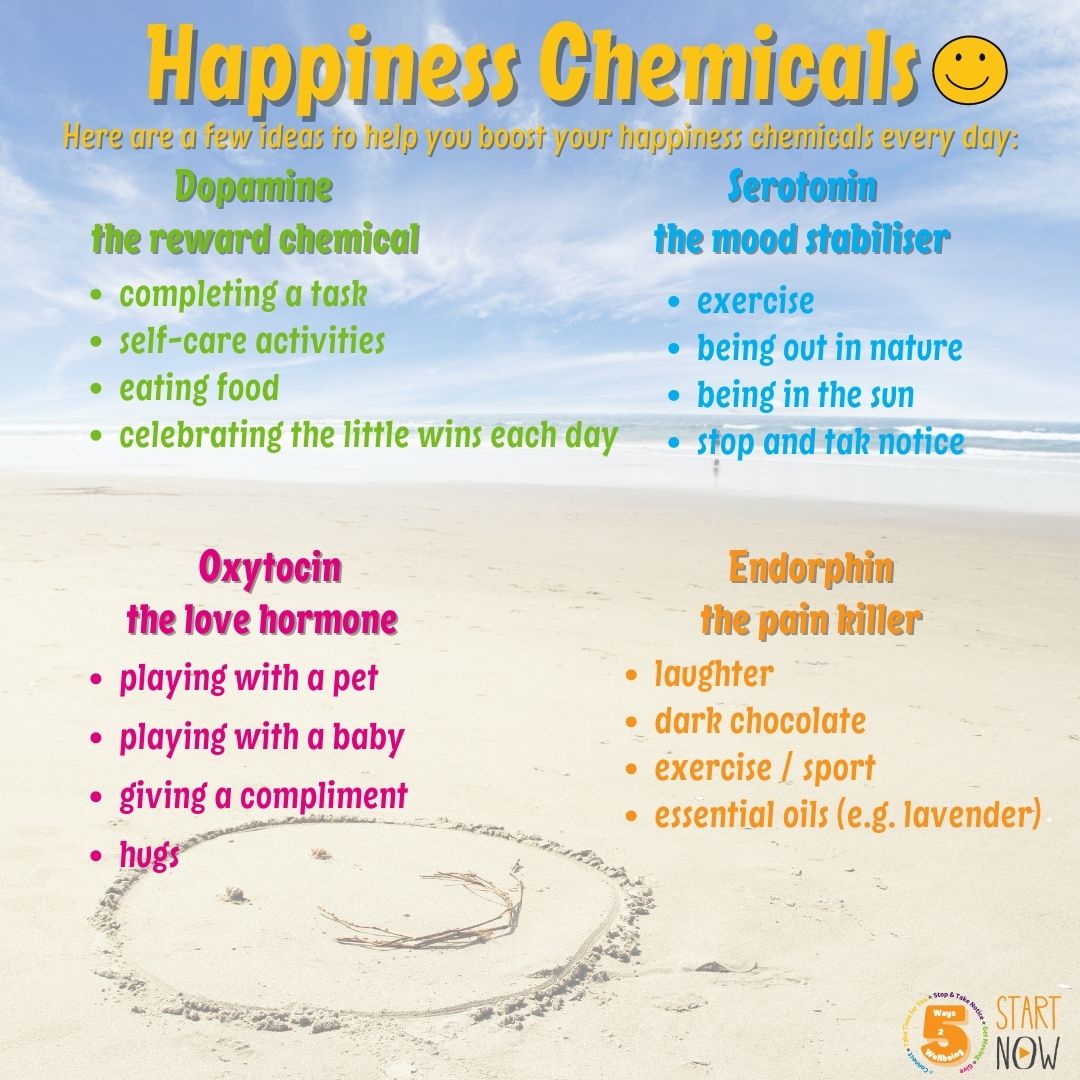Understanding Neuroscience and Brain Development
Helping C&YP understand more about brain development and what is going on - from the structure of the brain to flipping your lid or 'happy chemicals' can be a powerful way to help them understand how their brain influences their emotions and behaviours and what's happening as they grow and develop.
'It's All About That Brain' on the Start Now website. The information young people wanted to know about understanding and managing feelings.
Great practice idea (KS1/2)
A member of staff regularly visits all classes dressed in a white coat as 'Dr Brain' teaching age appropriate sessions about understanding what's happening in the brain - and things like 'flipping your lid' / regulation etc. and teaching simple techniques and strategies.
The classrooms, playground staff and playground buddies have access to Dr Brain's 'medical' box full of stress toys / regulation activities etc. that all children can use / choose from if needed.
Tip: you can find lots of ideas for box contents e.g.:
Tina Rae - "Toolbox for Recovery" series (EY, primary, secondary versions available) - contact us for more info (and a copy to review...?)
The ELSA Support Website - https://www.elsa-support.co.uk/calming-basket-what-to-put-in-it/
Wholehearted School Counselling (on Teachers Pay Teachers platform) - click here
Useful Resources
The Teacher and the Teenage Brain - Dr John Coleman
An excellent and informative book with an accompanying website providing resources for running workshops for staff and parents and lesson plans for use with students.
Why your parents are driving you up the wall and what to do about - Dr Dean Burnett
A brilliant take on understanding puberty and the teenage years by the neuroscientist Dean Burnett - infomative and funny. An exceelent book for adults to use to research brain science and students to dip in and out of.
Help! My Feelings Are Too Big! Making sense of yourself and the workd after a difficult start in life. - K. L. Aspden
Designed to help build emotional awareness in C&YP who have experienced trauma / attachment issues / anxiety.
Help! I've Got an Alarm Bell Going Off in My Head! How panic, Anxiety and Stress Affect Your Body - K. L. Aspden
A fabulous guide to what happens to the brain and central nervous system when 'that alarm bell in your head' starts ringing. Helpful for adults and C&YP
Blame My Brain: The Amazing Teenage Brain Revealed. Nicola Morgan
A really good insight into the teenage brain clearly communicated in a fun way. Great for teenagers and adults looking for a brain science 101!
Brain Chemicals
Emotions are controlled by different levels of chemicals in the brain. The ones you need to know about are
1. The happiness chemicals:
- Serotonin – helps stabilise mood and is responsible for our feeling of wellbeing and happiness
- Dopamine – is released when we reach a goal or complete a task
- Oxytocin – is stimulated by trust and touch. It forms when we are around other people and socialising.
- Endorphins – are released to reduce stress and relieve pain. They can produce a feeling of euphoria – have you heard of the ‘endorphin high’ that comes from physical exercise?
There are things you can to boost your happiness chemicals every day:

The stress hormone
- Cortisol - As your body perceives stress, it sets off the alarm system and your body makes and releases the hormone cortisol into your bloodstream. Often called the “stress hormone,” cortisol causes an increase in your heart rate and blood pressure. It's your natural “flight or fight” response that has kept humans alive for thousands of years. Cortisol is increased if you don't get enough sleep. Less sleep = more stress.
More about the brain:
Page last updated: 26 April 2023


